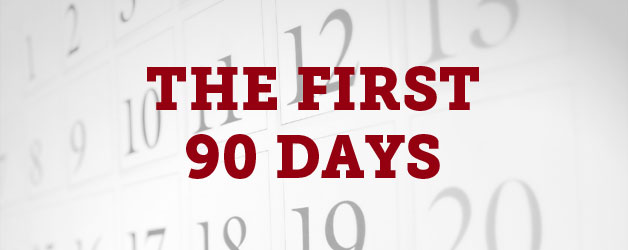One of the most important steps for online merchants is choosing the best e-commerce platform for their business. Here we have listed the pros and cons of some of the top e-commerce platforms.
WooCommerce
WooCommerce is an open source e-commerce plugin for WordPress. It is designed for small to large-sized online merchant using WordPress. This platform is one of the most popular in the world as it hosts 39 percent of the online stores on the internet. Considering its popularity, WooCommerce is a good place to start.
Pros
- Free WordPress Plugin
- Easy to use if you’re familiar with WordPress
- Unlimited products and product categories
- Simple eCommerce option
- No limitations on how the merchant monitors their store
- Total control over your data
- Plugins available to help your site be better optimized for Search Engine Optimization
- Hundreds of plugins available
- Thousands of WordPress themes to choose from
Cons
- Merchants have to pay third-party sites to actually run their e-commerce store
- Storage is limited by a web host
- Set up process could take a few hours
Big Commerce
BigCommerce has been developing e-commerce software for businesses since it was founded in 2009. It powers over tens of thousands of online stores and has processed over $9 billion in transactions.
Pros
- No hosting, update, or maintenance expenses
- SEO friendly
- Great for businesses looking for quick growth
- No transaction fee charges
- Easy to build your site in a few minutes
- Similarly priced to other platforms
- Customer support available (phone, email, live chat or forum)
Cons
- The annual limit on sales volume with each plan
- Shortage of free themes in comparison to other platforms
- Recurring billing isn’t built right into the platform
Shopify
Shopify is a standalone e-commerce platform, meaning you don’t need to host your site somewhere else in order to use it. This is an immediate advantage over its competitor WooCommerce. According to Google Trends, it is the most popular platform.
Pros
- User-friendly (easy set up that takes minutes)
- Affordable and straightforward pricing
- Unlimited file storage and products
- Social media integration and blog module
- 100+ high-quality themes
- Powerful e-commerce one-stop-shop
- Available online or offline
- Great customer service with 24/7 access to a customer adviser
Cons
- Shopify controls e-commerce store and site’s data, not the merchant
- Additional transaction fee on each sale if the merchant doesn’t use Shopify payment
- System customizations are only available for an additional cost
- Advanced Shopify offering costs $299/month
Magento
Magento is an open-source e-commerce platform written in PHP. Many Fortune 500 companies have chosen Magento because it is breathtakingly responsive and scalable.
Pros
- The open-source code makes customization easy
- Seamless user experience
- No transaction fees
- Scalability
- Allows an unlimited number of products
- 100+ free themes
- 100% SEO-friendly
Cons
- Customization might require a developer if the user isn’t tech-savvy
- Doesn’t offer 24/7 customer assistance
- Merchant has to find and pay for a hosting provider and domain name
Volusion
Volusion was founded in 1999 and has since grown to power more than 30,000 sites.
Pros
- Affordability ( $15/month for the mini-plan)
- No transaction fees
- 14 Day Free Trial
- Intuitive interface with simple frontend
- Merchants can set up a customer loyalty program
- Amazon and eBay integration so merchants can sell there as well
- 24/7 customer support through different formats
Cons
- Limited design/theme options (only 28 free themes)
- Limited add-ons
- The limited number of products on the majority of their plans
- Restricted bandwidth (1GB to 35GB based on plan)
Was there any important e-commerce platforms that we missed or do you have any questions about which e-commerce option would be a better fit for you? Let us know!



